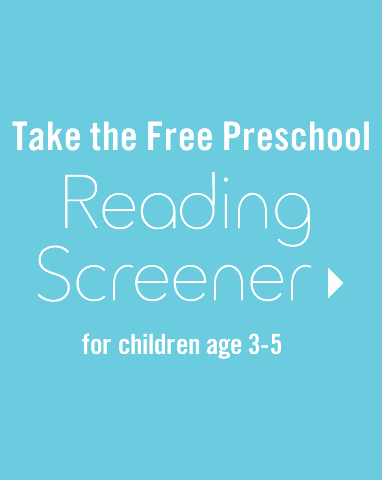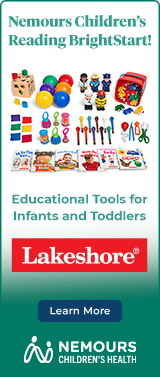See if your toddler can identify you and other family members just by hearing your voices. Hearing, isolating and identifying voices will help to attune your little one to sounds and lay the groundwork for hearing and identifying the more subtle sounds that make up words.
You can foster your baby’s development of more precise hand movements by encouraging her to feed herself with her fingers and play with objects that require her to use her thumb and forefinger grasp. Sponge blocks are easy to make and can provide your baby with exploration fun, while nurturing coordinated hand movements.
This activity uses environmental print (words in our environment) to expose your child to print awareness. Add paper, crayons and imagination and extend this into a fun writing activity.
In this activity, your child will use her previous rhyming exposure and experience to practice doing some rhyming on her own.
Create a treasure map to give your child an exciting reason to read and write!
Children must develop fine motor skills to prepare them to be able to hold a pencil or marker to draw and write. This activity will give your child a chance to practice pincer control.
Have you ever bought your child a new toy and he was more interested in playing with the box than the toy? Turn this into an opportunity to build your child’s letter knowledge in a fun way.
To increase your child’s expressive vocabulary, let her retell her favorite story with craft stick puppets you can create together.
Your 2-year-old may be able to recall repetitive parts to familiar songs, fingerplays, and nursery rhymes. Create song cards and invite your child to choose a card to sing or say.
Learning about compound words will help to build your child’s phonological awareness. Here’s a fun activity that uses oral as well as visual clues to help your child succeed.








